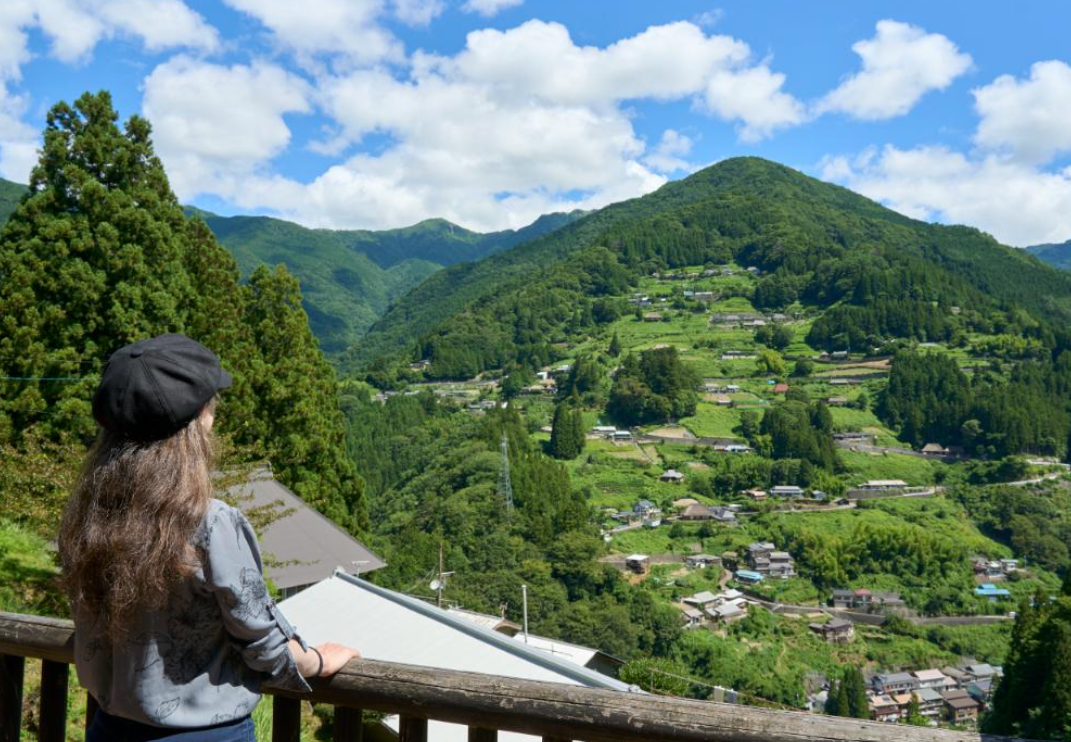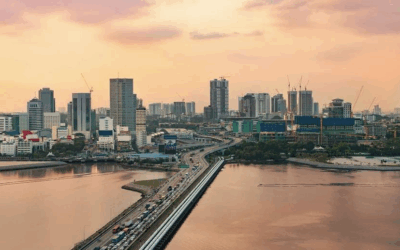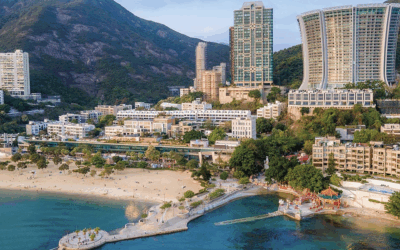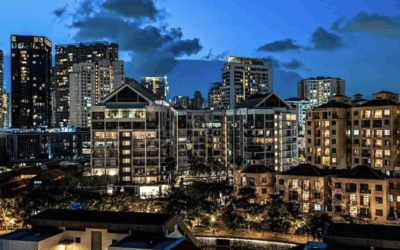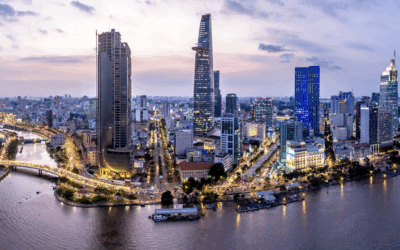Japan has long been an alluring destination for retirees seeking a high quality of life.
With its stunning natural beauty, advanced healthcare system, and low crime rates, it’s no wonder that many foreigners are considering spending their golden years in the “Land of the Rising Sun”.
However, retiring in Japan as a non-citizen or permanent resident comes with its own set of challenges and considerations.
This comprehensive guide will help you navigate the process and make an informed decision about whether retiring in Japan is right for you.
Culture and Lifestyle in Japan
One of the most appealing aspects of retiring in Japan is the opportunity to immerse yourself in a fascinating culture that seamlessly blends ancient traditions with cutting-edge tech.
From the bustling streets of Tokyo to the serene temples of Kyoto, Japan offers a diverse range of experiences for retirees to enjoy. The country is renowned for its hospitality, cleanliness, and safety, making it an ideal place to live out your retirement years.
Japan’s unique lifestyle revolves around concepts such as “ikigai” (a sense of purpose) and “wabi-sabi” (finding beauty in imperfection), which can contribute to a fulfilling and meaningful retirement.
Engaging in local customs, such as attending festivals, practicing traditional arts, and savoring the exquisite cuisine, can enrich your experience and help you feel more connected to the community.
However, it’s important to note that the language barrier can be a significant challenge for foreign retirees in Japan.
While English is taught in schools and is commonly used in major cities, proficiency levels vary, and many daily interactions may require some knowledge of Japanese.
Learning the language, even at a basic level, can greatly improve your quality of life and help you navigate the complexities of living in Japan.
Cost of Living in Japan
While Japan has a reputation for being an expensive country, the reality is far more nuanced.
The cost of living in major cities like Tokyo and Osaka can be high, there are many affordable options for retirees, especially in smaller towns and rural areas.
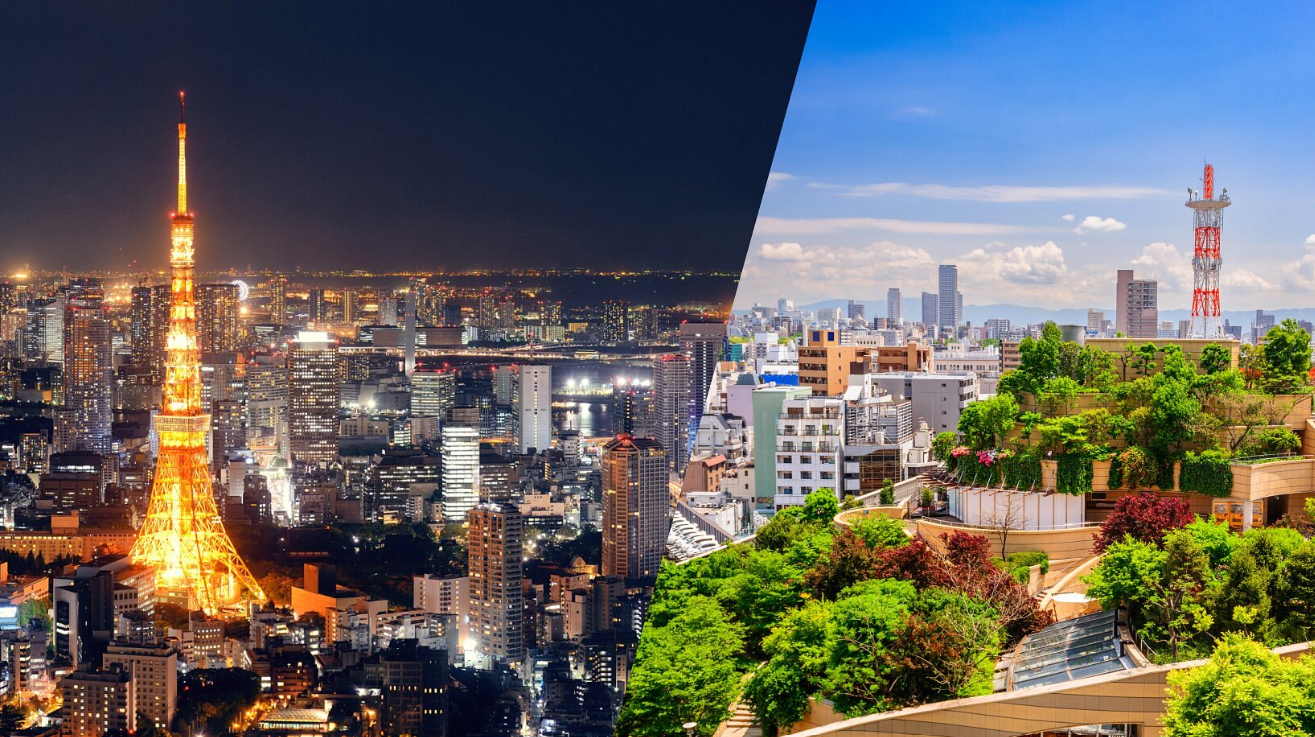
Unfortunately, Japan is undergoing population decline. Tokyo and Osaka’s housing markets won’t see any negative effects of the an aging population for at least several more decades though.
Housing costs in Japan, which often make up a significant portion of a retiree’s budget, vary greatly depending on location and type of accommodation.
The cost of renting an apartment in Japan is a popular choice for foreign retirees, as it offers flexibility and eliminates the need for a substantial upfront investment.
Rental prices in cities like Tokyo can range from around ¥70,000 ($640) per month for a small studio to over ¥200,000 ($1,830) for a spacious two-bedroom apartment.
In more rural areas, prices can be significantly lower, with some apartments available for as little as ¥30,000 ($275) per month.
Buying property in Japan is another option for retirees, although the process can be complex and expensive for foreigners. You can even own land and houses as a foreigner!
While there are no legal restrictions on foreign property ownership, obtaining financing from Japanese banks can be challenging, and the initial costs (such as taxes and fees) can be substantial.
Additionally, Japan’s property market has been relatively stagnant in recent years, meaning that real estate may not appreciate in value as quickly as in other countries.
Taxes and Pensions in Japan
As a foreign retiree in Japan, it’s crucial to understand the tax implications of your move. Japan has a progressive income tax system, with rates ranging from 5% to 45%, depending on your income level.
In addition to national taxes, there are also local taxes, such as the inhabitant tax and the enterprise tax, which can add to your overall tax burden.
One important consideration for foreign retirees is the tax treatment of pensions and other retirement income. Japan has tax treaties with many countries, which can help prevent double taxation on your pension income.
However, the specifics of these treaties vary, and it’s essential to consult with a qualified tax professional to understand how your particular situation will be affected.
Another factor to consider is Japan’s social security system, which includes a national pension plan (known as “kokumin nenkin“) and a health insurance program.
As a foreign resident, you may be required to contribute to these systems, depending on your visa status and length of stay.
These contributions can be substantial, yet also provide access to Japan’s world-class healthcare system and can help ensure a more stable financial future in retirement.
Visas and Residence in Japan
One of the most important aspects of retiring in Japan as a foreigner is obtaining the appropriate visa and residency status.
Japan doesn’t have a dedicated retirement visa. With that said, there are several options available if you’d like to spend your golden years here.
The most common visa for foreign retirees is the “Long-Term Resident” visa, which is granted to individuals who have ties to Japan (such as a Japanese spouse or family member) or who have made significant contributions to Japanese society.
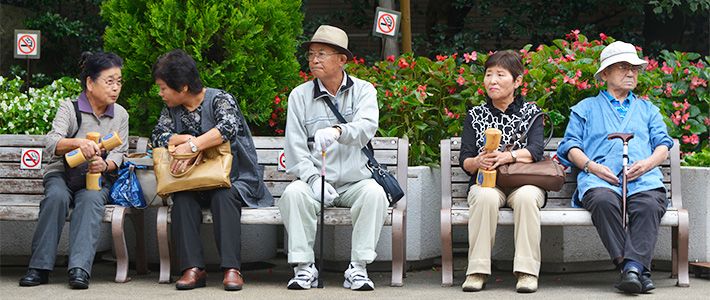
Japan is one of the oldest countries in the world with a median age of 49. Quite frankly, you’ll feel right at home if you’re retired here!
This visa allows for a stay of up to five years and can be renewed indefinitely, provided that the holder continues to meet the requirements.
Another option is the “Spouse or Child of Japanese National” visa, which is available to those who are married to a Japanese citizen or who have a Japanese parent. This visa also allows for a long-term stay and can be a pathway to permanent residency.
For those who do not qualify for either of these visas, the “Designated Activities” visa may be an option. This visa is granted on a case-by-case basis and can be used for a variety of purposes, including retirement.
However, the requirements for this visa are often more stringent, and the duration of stay may be limited.
Regardless of the visa type, foreign retirees in Japan will need to register as residents at their local city hall and obtain a residence card (known as a “zairyu card”).
The zairyu card serves as an official identification and is required for many parts of daily life, such as opening a bank account or signing a lease.
Healthcare and Insurance in Japan
Japan is renowned for its high-quality healthcare system, which consistently ranks among the best in the world.
As a foreign retiree in Japan, you’ll have access to this system provided you’re enrolled in either the national health insurance program or a private health insurance plan.
The national health insurance program (known as “kokumin kenko hoken”) covers a significant portion of medical expenses, including doctor visits, hospital stays, and prescription medications.
Enrolling in this program is mandatory for most foreign residents, and premiums are based on factors such as income and age.
Private health insurance plans are also available and can provide additional coverage for items not included in the national program, such as dental care or certain types of cancer treatment.
These plans can be purchased from Japanese insurance companies or international providers, and premiums will vary based on the level of coverage and the individual’s health status.
It’s important to note that while Japan’s healthcare system is of a high standard, there may be some challenges for foreign retirees, such as language barriers or cultural differences in medical practices.
Hospitals in Japan may have limited English-speaking staff, so it’s advisable to learn some basic medical terminology in Japanese or to seek out healthcare providers that cater to international patients.
Should You Retire in Japan?
Japan has much to offer those seeking a fulfilling and meaningful retirement, whether you choose to settle in a bustling city like Tokyo or a tranquil rural town.
However, it’s essential to carefully consider the various aspects of life in Japan, from real estate prices to visas, before making the move.
As with any major life decision, it’s crucial to do extensive research and plan carefully in order to ensure a smooth transition into your Japanese retirement.
It’s especially notable that, because Japan doesn’t have an actual retirement visa, that means it’s difficult and expensive to live here on a permanent basis. You’ll have to qualify through a different method such as forming a company or having Japanese family.
With that said, if you can navigate the challenges of living in Japan as a non-citizen, you’ll be rewarded with a stable and successful retirement.
Retiring in Japan: FAQs
Is There a Japanese Retirement Visa?
There isn't such thing as a true retirement visa in Japan.
You'll need to either start a business or qualify though some other means in otder to live in Japan permanently.
Depending on your passport, it's also possible to live in Japan for a maximum of six months out of the year effectively on tourist visas.
However, if you're of Japanese descent or have a local spouse, you'll basically get a free pass into the country. That certainly makes things easier!
Can Foreigners Own Real Estate in Japan?
Yes, foreigners can own practically any type of property in Japan on a freehold basis.
It's even possible to buy land in Japan as a foriegner. This makes it one of just a few countries in Asia where it's possible to easily own freehold land as a foreigner.
Will I Get Any Pension in Japan?
In all likelihood, you can still receive any pension from your home country that you'd otherwise qualify for. Pension systems don't usually stop payments simply because you're living abroad.
However, in order to get a pension in Japan as a foreigner, you'll need to have already paid into the system first.

